Drunk driving laws in Nevada as well as the U.S. make it illegal nationwide to drive with a BAC at or above 0.08%. People under 21, “zero tolerance” laws make it illegal to drive with any measurable amount of alcohol in their system at all. Nevada and National laws, along with laws that maintain the minimum legal drinking age at 21, are in place in all 50 states and the District of Columbia, and have a clear effect on highway safety, saving tens of thousands of lives since their implementation. These statistics are proven and from the U.S. CDC.
Sobriety checkpoints
Certain states utilize sobriety checkpoints to allow police to briefly stop vehicles at specific, highly visible locations to see if the driver is impaired. Police may stop all or a certain portion of drivers. Breath tests may be given if police have a reason to suspect the driver is intoxicated. Check with your state to see if sobriety checkpoints are utilized.
Ignition interlocks
Another means of Nevada DUI control is the use of ignition interlocks installed in cars to measure alcohol on the driver’s breath. These interlocks keep the car from starting if the driver has a BAC above a certain level, usually 0.02%. They’re used for people convicted of drunk driving and are highly effective at preventing repeat offenses while installed. Mandating interlocks for all offenders, including first-time offenders, will have the greatest impact.
DUI Education
This is perhaps the debatable best means of intervention for stopping a repeat DUI offender. After the First Nevada DUI Offense, you will be required by the court to take a track of DUI Education programs. The 8 Hour Online Nevada Approved DUI Course, and the Victim Impact Panel are the mandatory court ordered courses for all Nevada DUI First Offenders. The 8 hour course is provided online and you can take the course at your own pace. This allows you to log in and out at times that are convenient to your learning schedule. Take an the 8 Hour Nevada Approved Online DUI Course at this approved provider: 702 DUI School.
